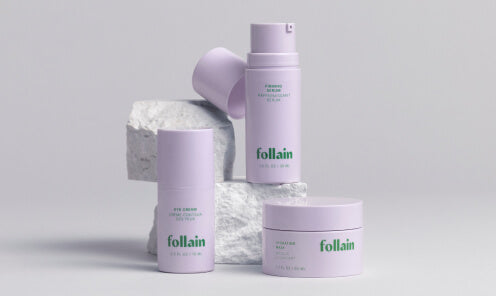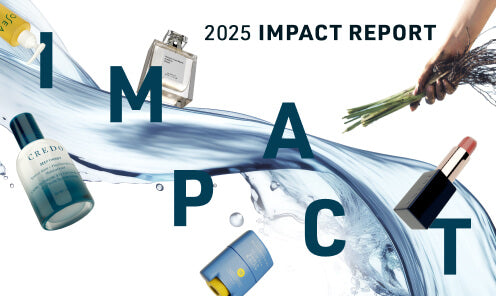By Mia Davis
Congress Just Passed the Modernization of Cosmetics Regulations Act (MOCRA), the First Big Change to Beauty Industry Regulation in Over 80 Years
For over 80 years, the US cosmetics industry has been governed by a 1.5 page law that was practically toothless. The Federal Food Drug and Cosmetics Act of 1938 did not even give the FDA, the agency in charge of regulating the industry, the power to issue a recall of harmful products.
But the industry will now be of the 21st century, and importantly, it will be held more accountable. On Dec 29, 2022, Congress passed the Modernization of Cosmetics Regulations Act (MOCRA) as a part of the Fiscal Year 2023 omnibus spending bill–the first major policy overhaul in over 80 years.
The new policy has some great elements that Credo applauds.
It will require that contract manufacturers (facilities that are very commonly used to make skincare and makeup products) register with the FDA– an important first step in having any clue what the industry is doing. The FDA will also issue Good Manufacturing Practices (GMP) regulations, which are standard in the supplements industry, but not common in cosmetics manufacturing. GMP will help to ensure quality control and better, more organized record keeping, which in turn will help our industry to control for contamination, unwanted trace ingredients, and to generally make better products.
Under this new law, the FDA will issue a standardized test method for detecting asbestos in talc-containing products, which is a good move, and will help brands both large and small to make safer products. FDA will also be able to issue recalls of harmful products (finally).
MOCRA will require that companies disclose fragrance and flavor ingredients to FDA (though not to consumers). Fragrance ingredients have long been kept confidential (trade secrets), even though many of the chemicals used in these proprietary blends have been linked to contact dermatitis, allergies, and hormone disruption. We believe that a little daylight is always a good thing– shining a light on exactly which ingredients are used in “fragrance” is a helpful step toward true disclosure and possible future regulation. (Learn more about Credo’s fragrance policy here.)
There is also a section of the Act on labeling fragrance allergens, which are chemicals that may be present in natural or synthetic fragrances, and which can trigger skin and breathing issues in some users. MOCRA has an 18 month+ timeframe for public comment and rulemaking on this subject. The EU already has a policy in place on this– 26 common fragrance allergens have to be listed on ingredient labels when they’re present in final products over certain amounts. Credo feels that the FDA doesn’t need to reinvent the wheel…if it is going to take action on fragrance allergens, why not harmonize with the EU?
Unfortunately, MOCRA falls short on “safety.” It is not well defined, to say the least. And, not surprisingly, but importantly– the Act does not require that ingredient manufacturers substantiate safety of their materials before they go to market. Credo will keep pushing the supply chain for hazard data (as well as sustainability data and animal and human rights information) about ingredients and packaging materials.
For years, Credo has been vocal and active on the need for stronger state and federal policies that protect human health and the environment, AND help independent beauty brands like our 100+ brand partners to make clean products. We are proud of our work in coalition with nonprofit allies like Breast Cancer Prevention Partners and the Campaign for Safe Cosmetics, as well with industry allies via The Counteract Coalition. Undoubtedly our collaboration was influential in passing this historic law.
Credo still has our sleeves rolled up. There is so much more to do to make the beauty industry safer, and more sustainable, ethical, and transparent. We hope you’ll join us on this journey.















